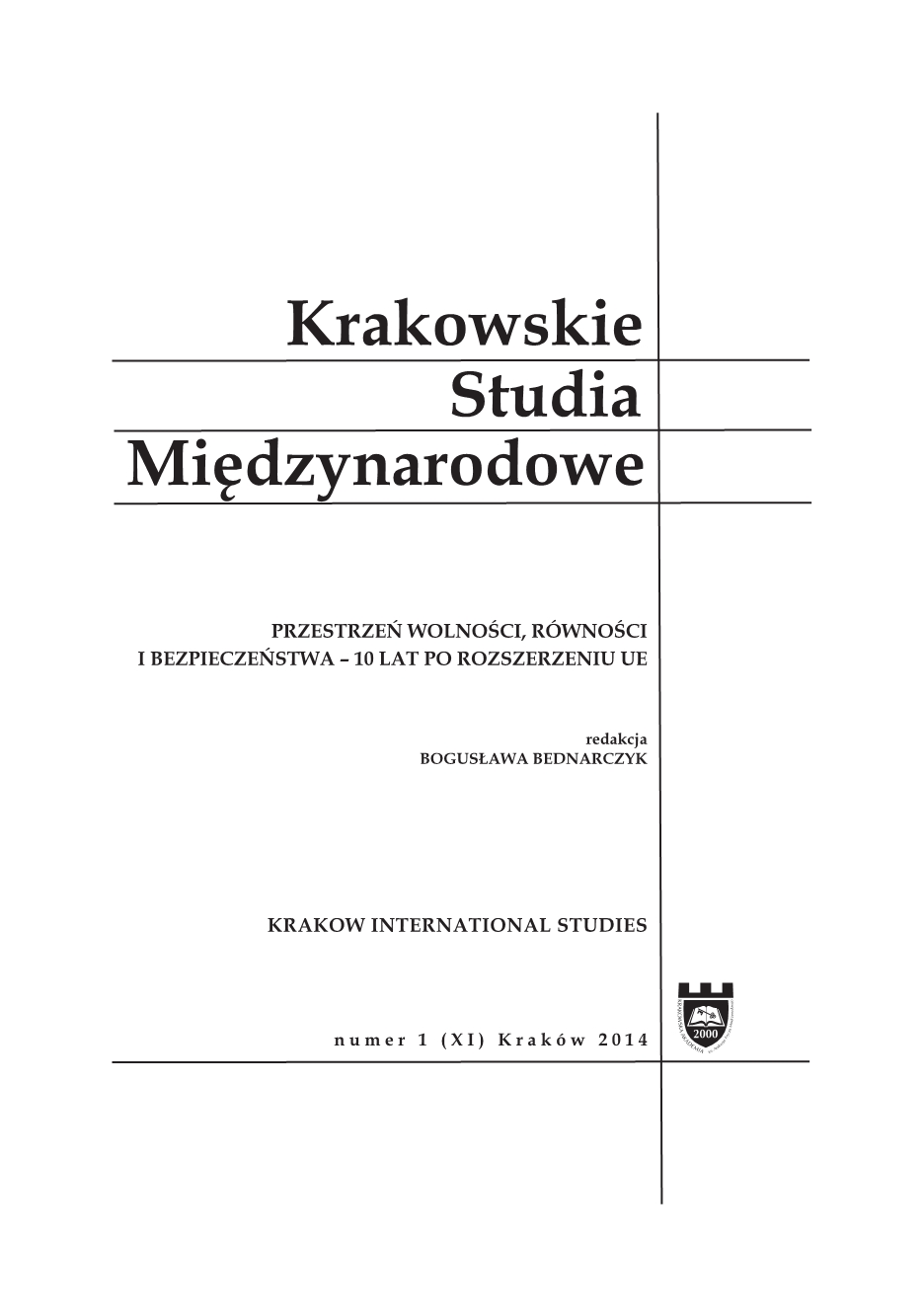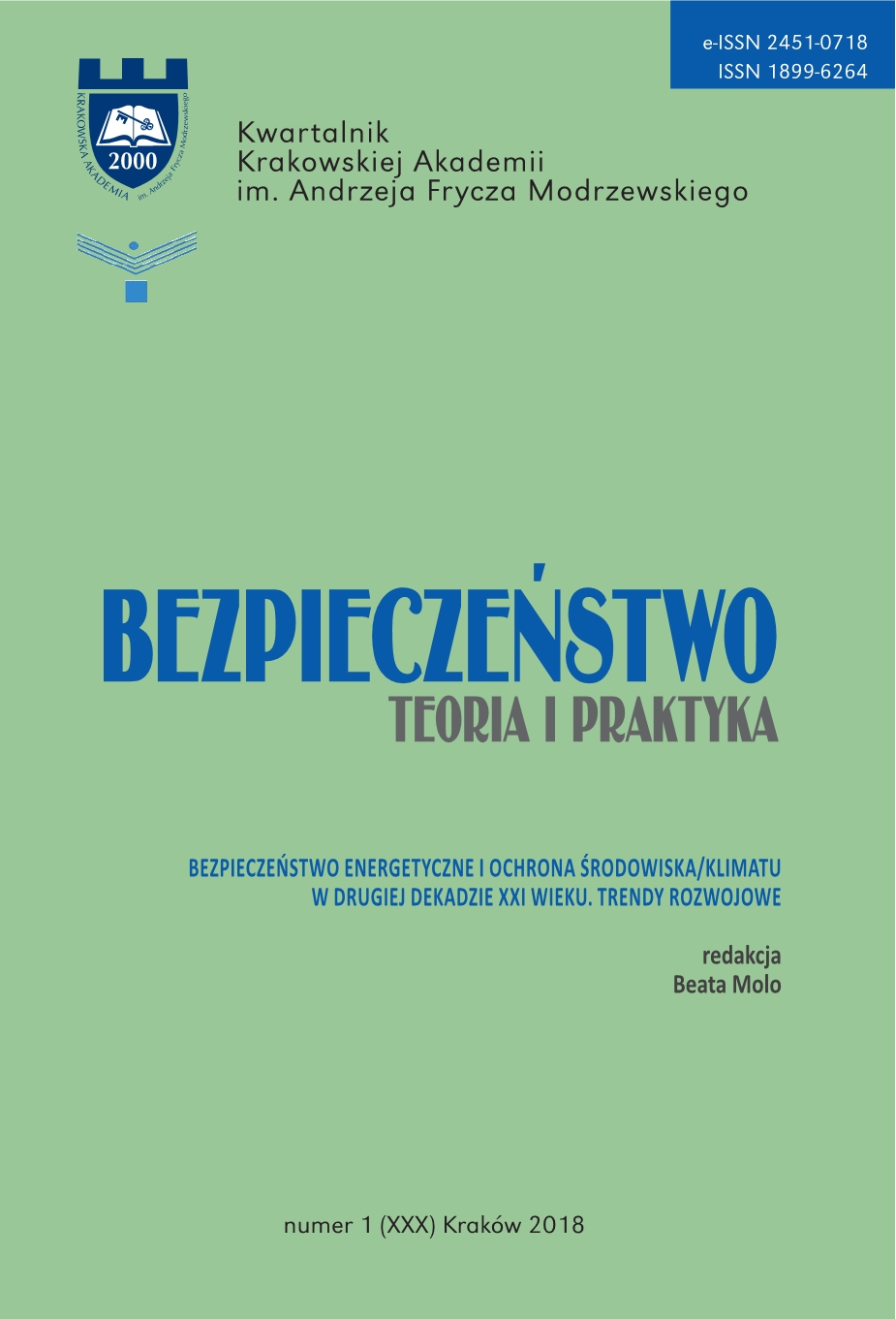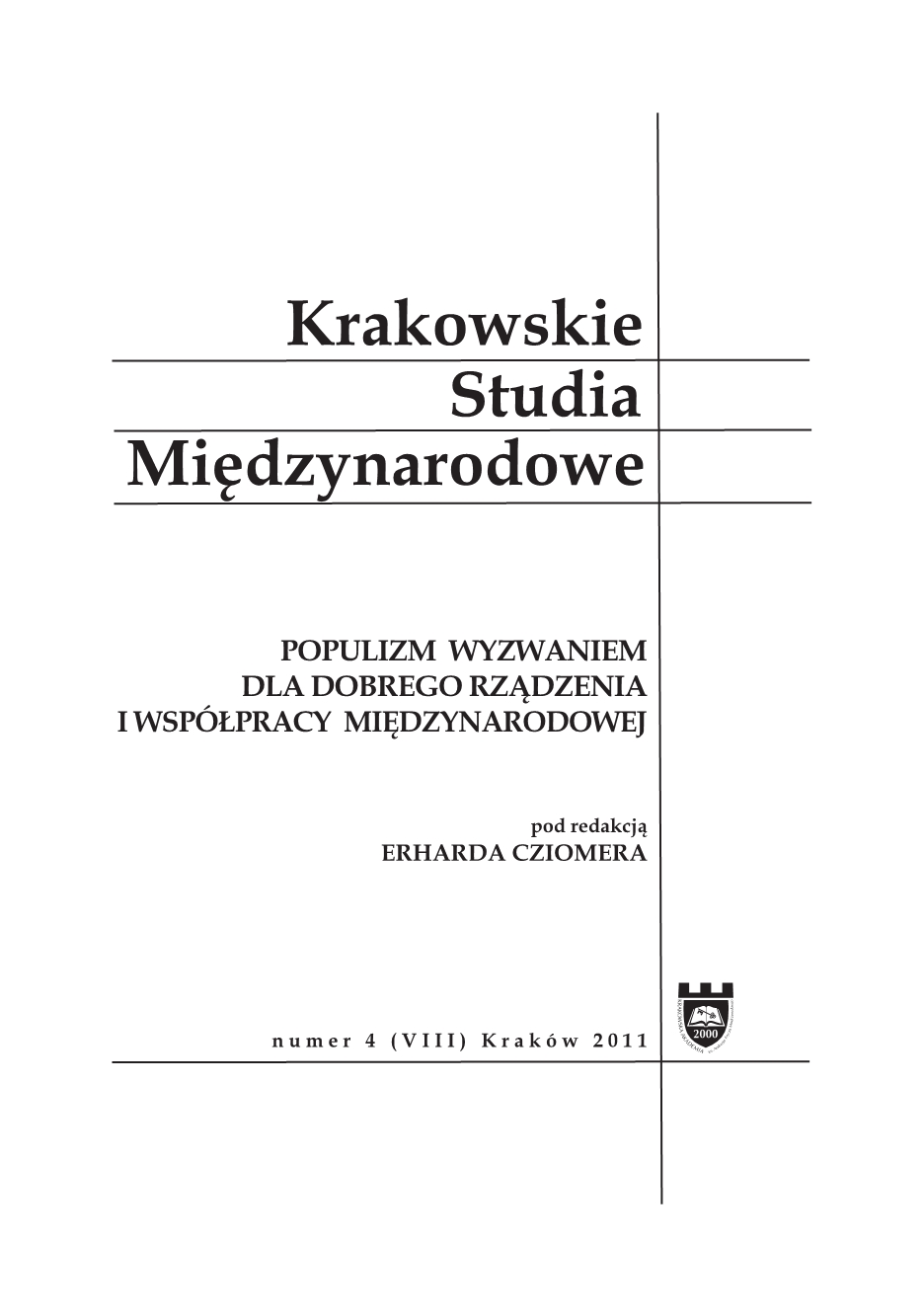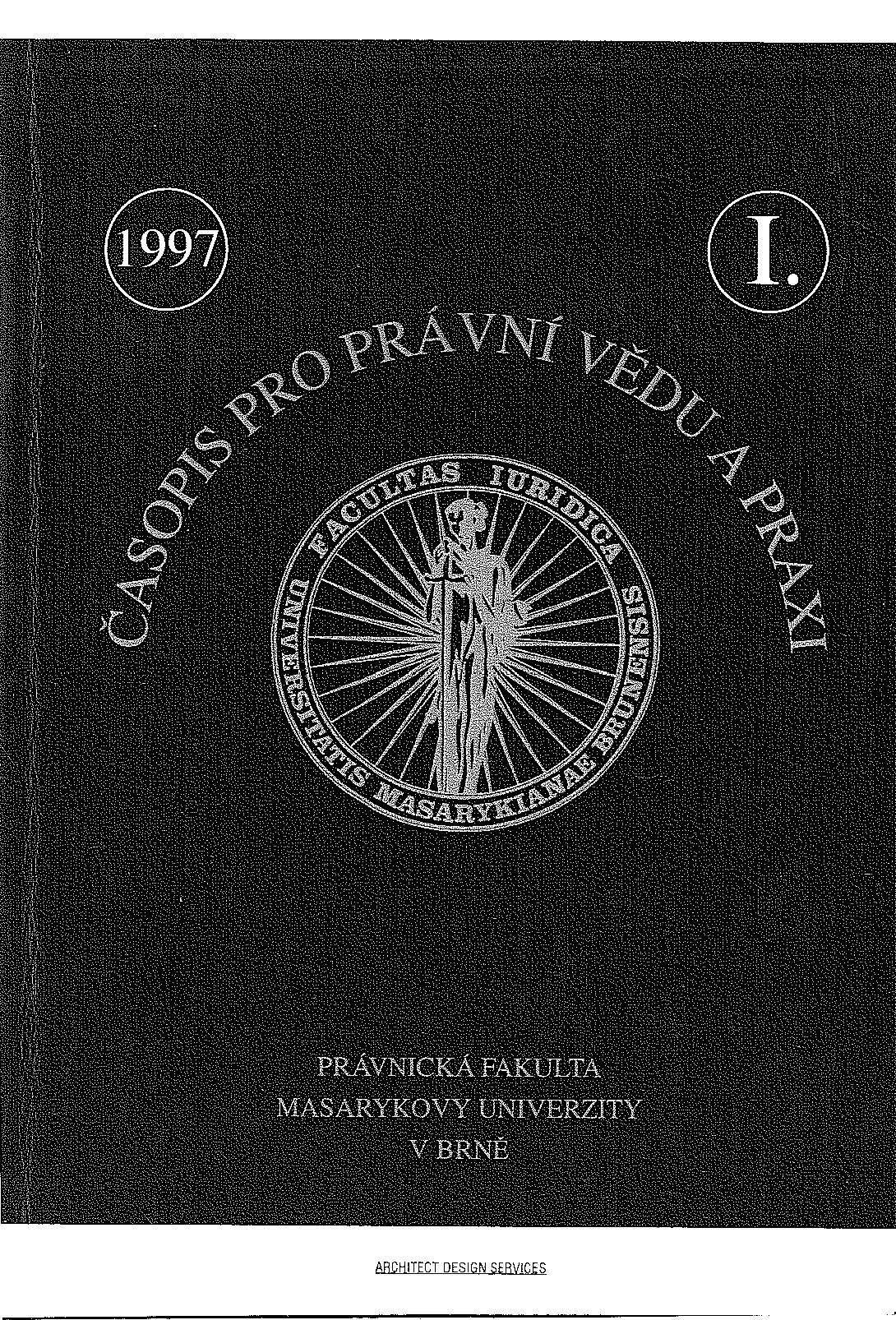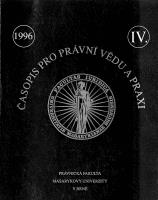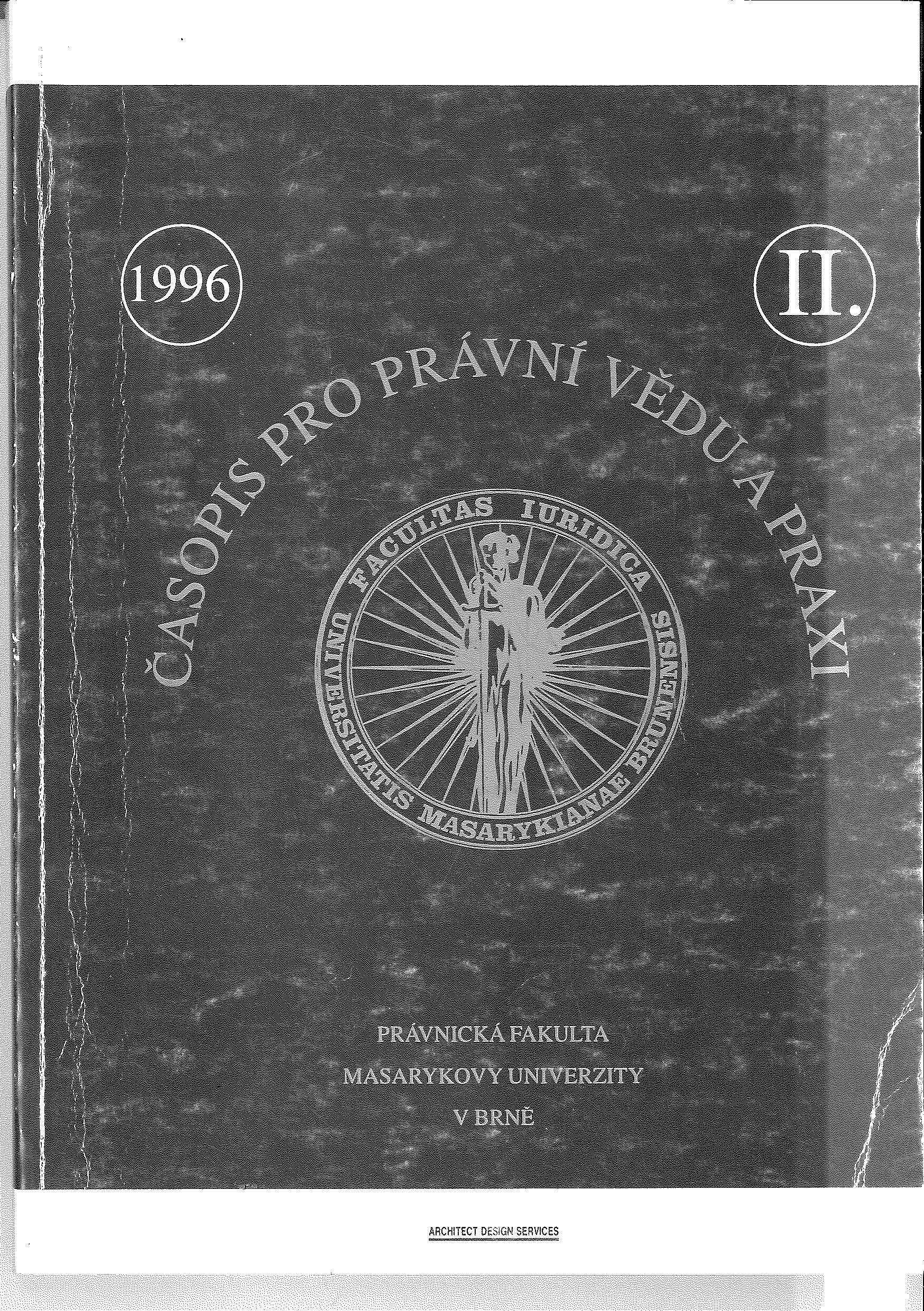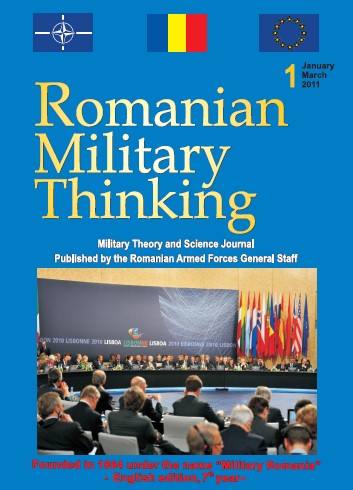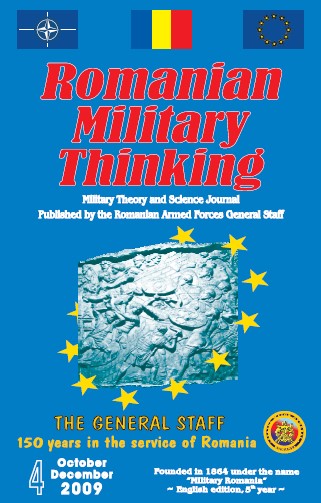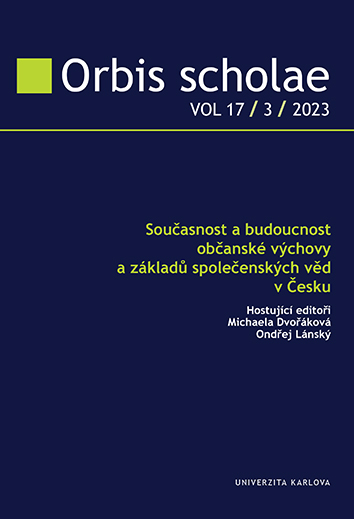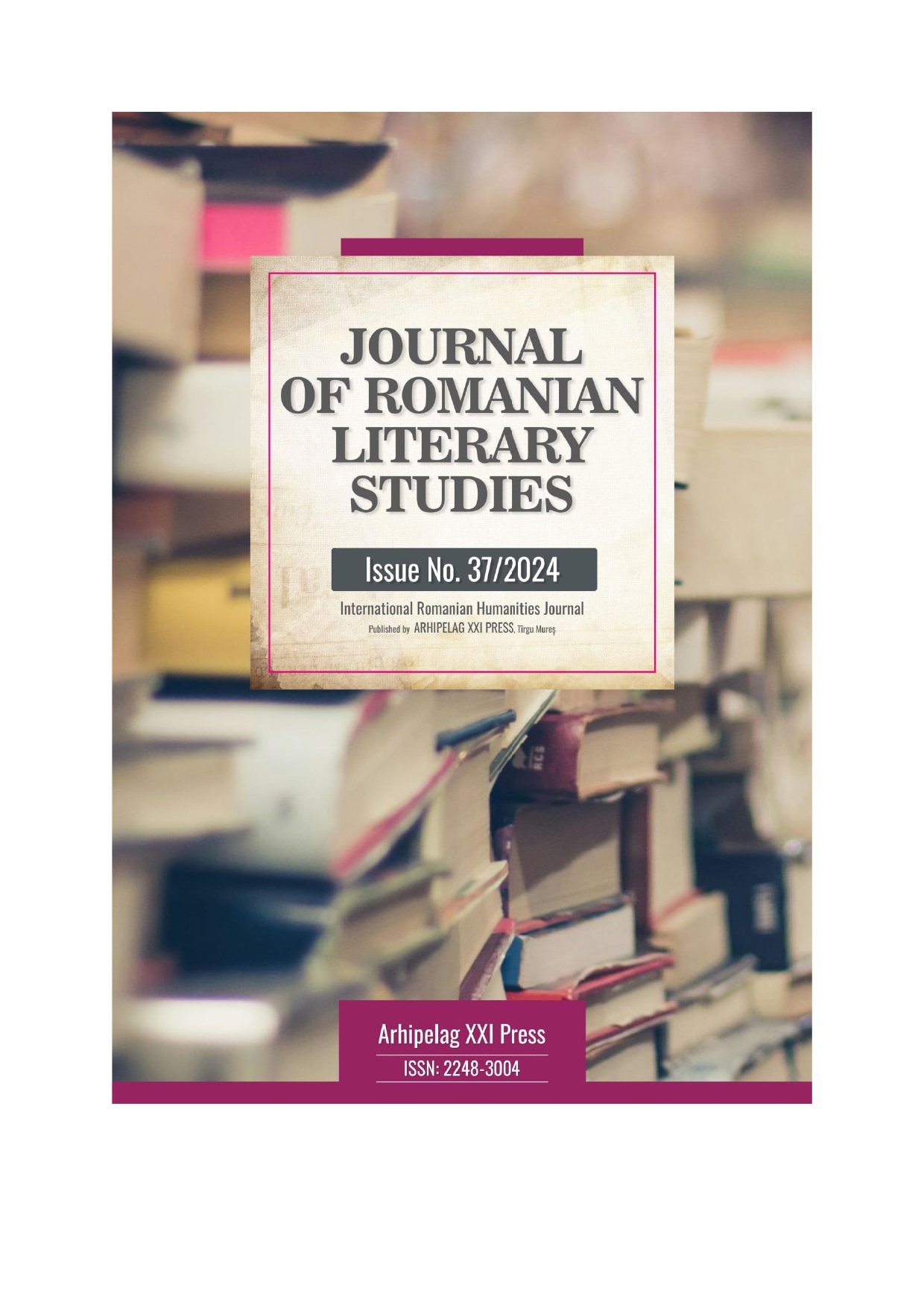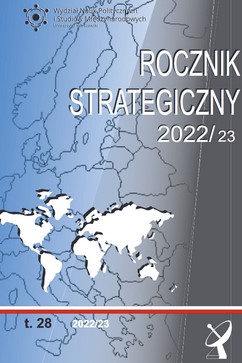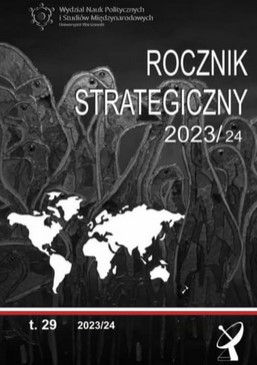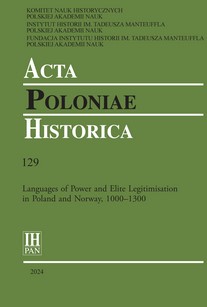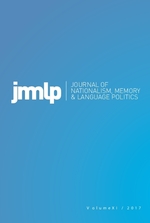Author(s): Kamila Pronińska,Bolesław Balcerowicz,Wiesław Lizak,Leon Pińczak / Language(s): English
Issue: 29/2024
The world experienced turbulent changes in armed conflict dynamics in 2023. Some of the intense armed conflicts of the last decade – measured by the number of battle-related fatalities – significantly weakened (Afghanistan, Syria, Ethiopia-Tigray), while others intensified even more (Russia-Ukraine, Yemen, Myanmar), and some broke out, very quickly reaching the level of 1 000 battle-deaths (Israel- Hamas, Sudan). Many regions remained highly unstable, and ongoing high-intensity armed conflicts (i.e. wars) involved numerous non-state actors, including jihadist groups, tribal militias, clans, and warlord groups, which led to their internationalization (Somalia, conflicts in the Sahel region). This chapter aims to select and analyze the dynamics of some of these conflicts in 2023. Given the increase in the number of wars, selecting armed conflicts based on the criteria of their intensity, regional importance, and internationalization becomes more difficult. In this year’s edition, the attention is focused, first, on two wars – in Ukraine and in Gaza – and solely on their military dimension. Secondly, the conflict in Yemen took on a new international context at the end of 2023 due to Houthi attacks outside Yemen (attacks in the Red Sea region). Among numerous African wars, attention is paid to a new conflict in Sudan – the “war of the generals”, which, apart from large-scale military operations, brought mass victims of one-sided violence, including in Darfur. Among the Asian conflicts, the war in Myanmar is selected for analysis since it has been one of the most intensive armed conflicts, and the armed clashes between the junta and rebels have been accompanied by brutal attacks on the civilian population. Finally, the chapter ends with the Nagorno-Karabakh conflict, which was not as intense in 2023 as the other analyzed wars, but Azerbaijan’s military operation brought a turn in the history of this one of the longest conflicts in the post-Soviet space, leading to the capitulation and dissolution of the quasi-state – Republic of Nagorno-Karabakh.
More...
